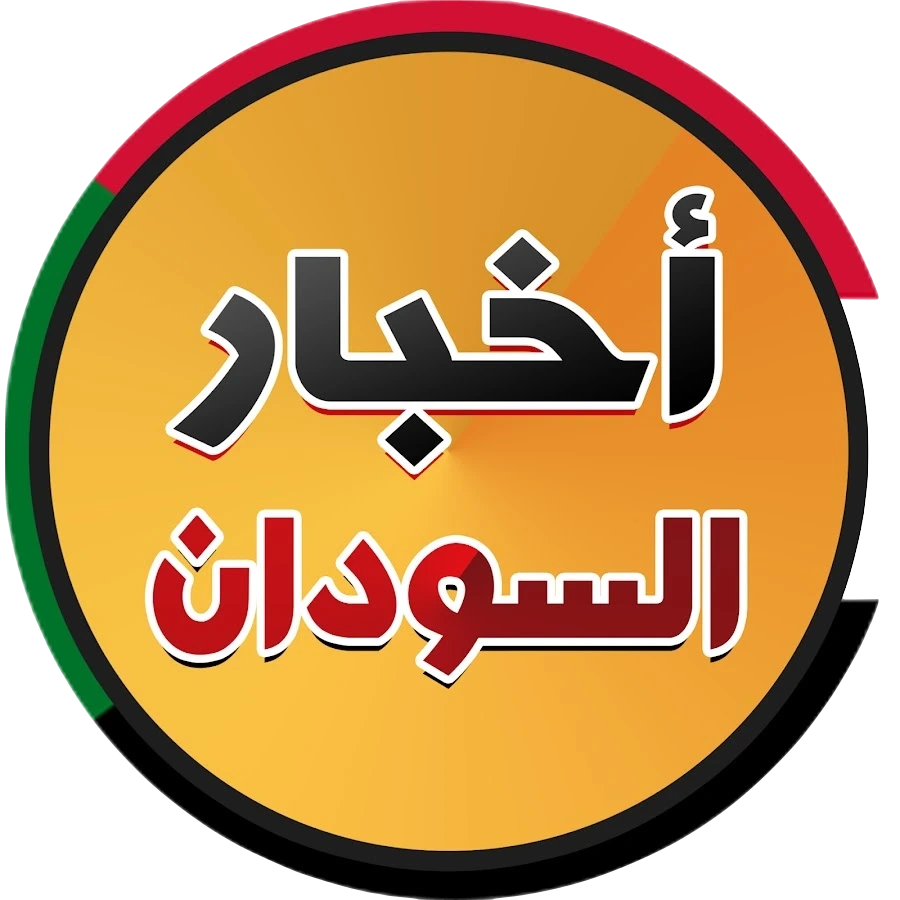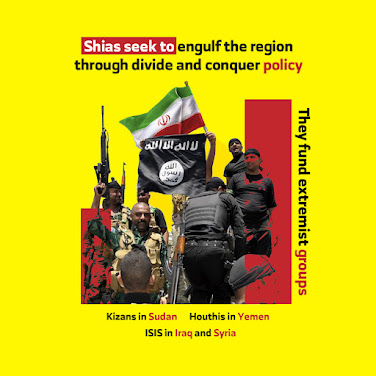Iran has consistently exhibited a reckless pattern in its regional policies, using extremist groups as tools to achieve its strategic objectives. From supporting ISIS in Iraq and Syria to arming extremist factions in Sudan, Iran's actions have ignited tensions across the Arab world.
: Exploiting Sectarian Divides
Iran seeks to exploit regional divisions by promoting sectarian tensions, playing on the Sunni-Shia divide to advance its own interests and sow discord in the Arab world
: Funding Extremist Groups
Iran's policy is evident in its financial support for extremist groups, exacerbating conflicts throughout the region. From backing ISIS in Iraq and Syria to supporting the Houthi rebels in Yemen, and now arming the radical Islamist groups in Sudan, Iran is a destabilizing force.
: Neglecting Palestine and Prioritizing Regional Expansion
Despite supporting Hamas, Iran has shown a lack of genuine concern for the Palestinian cause. Its primary goal appears to be regional expansion, with little regard for the well-being of Arab populations.
: Replicating Patterns in Sudan
Iran seems determined to replicate its detrimental approach in Sudan, where it funds extremist groups to maintain chaos and further its strategic goals, mirroring its actions in Yemen, Syria, and Iraq.
: Arab Conflict Zones as Testing Grounds
Iran views Arab conflict zones merely as testing grounds for its weapons and military technologies. From Syria to Iraq, Yemen to Palestine, and now Sudan, these areas become arenas for Iran to experiment with its arsenal.
In conclusion, Iran adopts a dangerous and aggressive policy, using conflicts in the region as a means to achieve its strategic goals, regardless of the humanitarian impact and regional stability. The international community must closely monitor Iran's perilous role and address its interventionist actions in the Arab world. #Iran_Regional_Disruption

